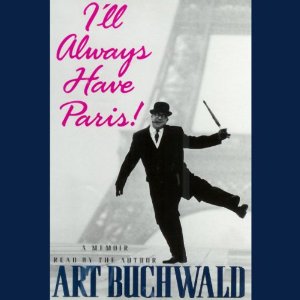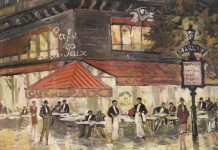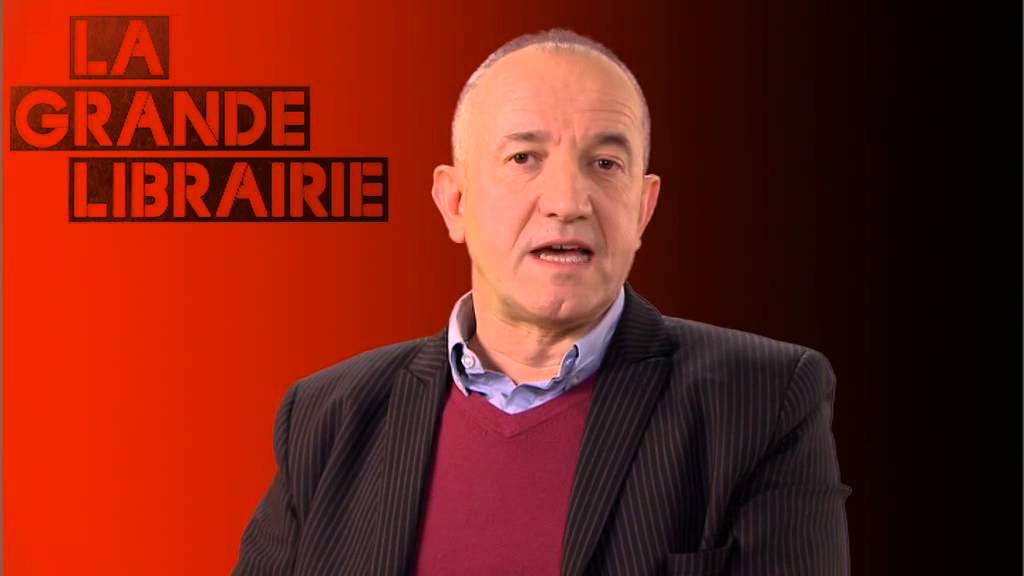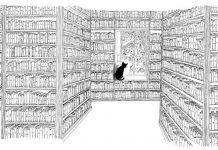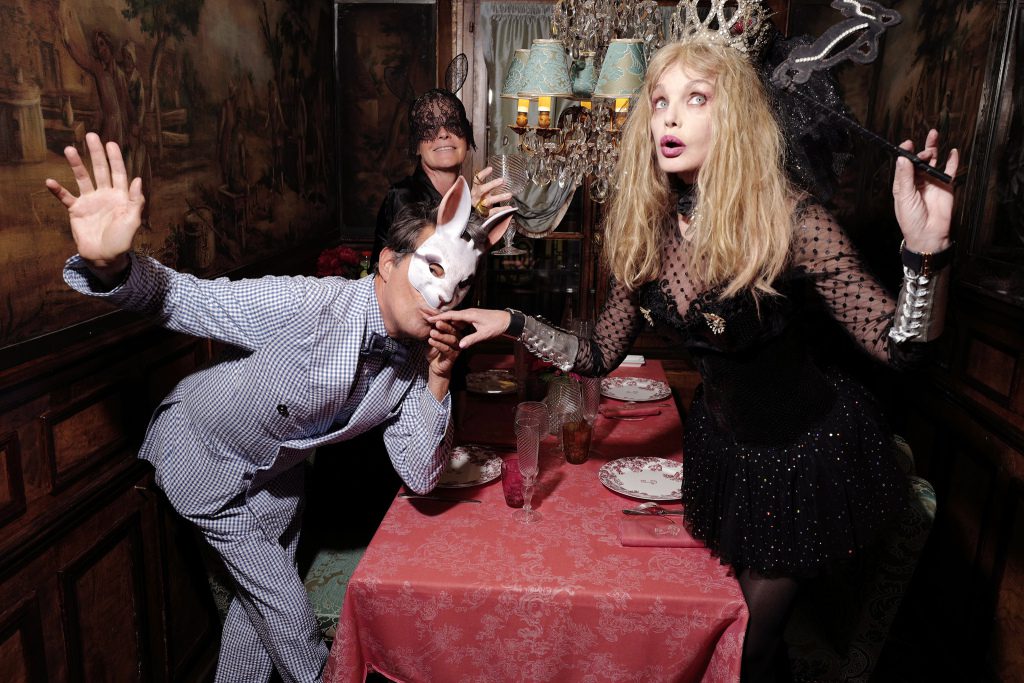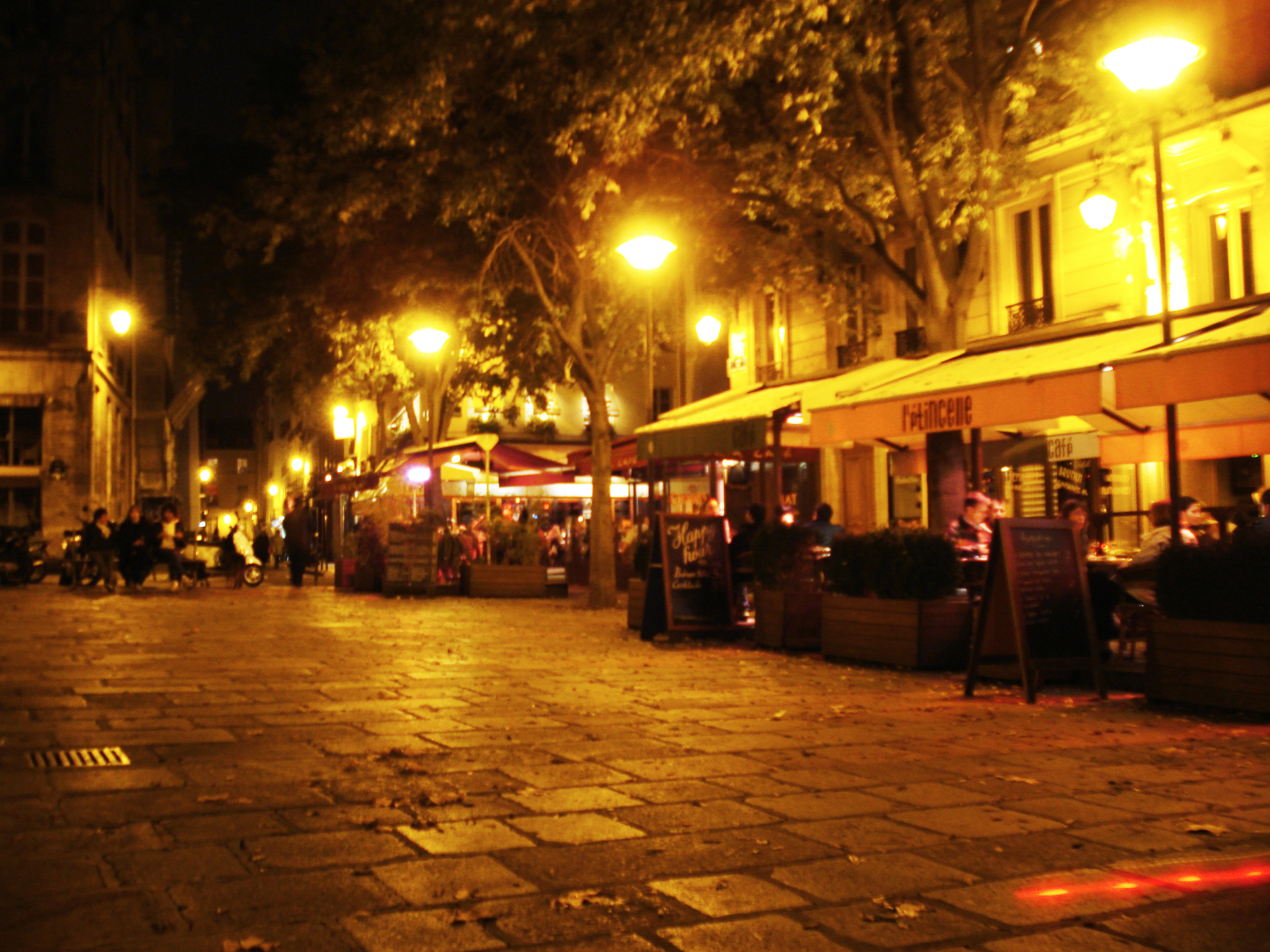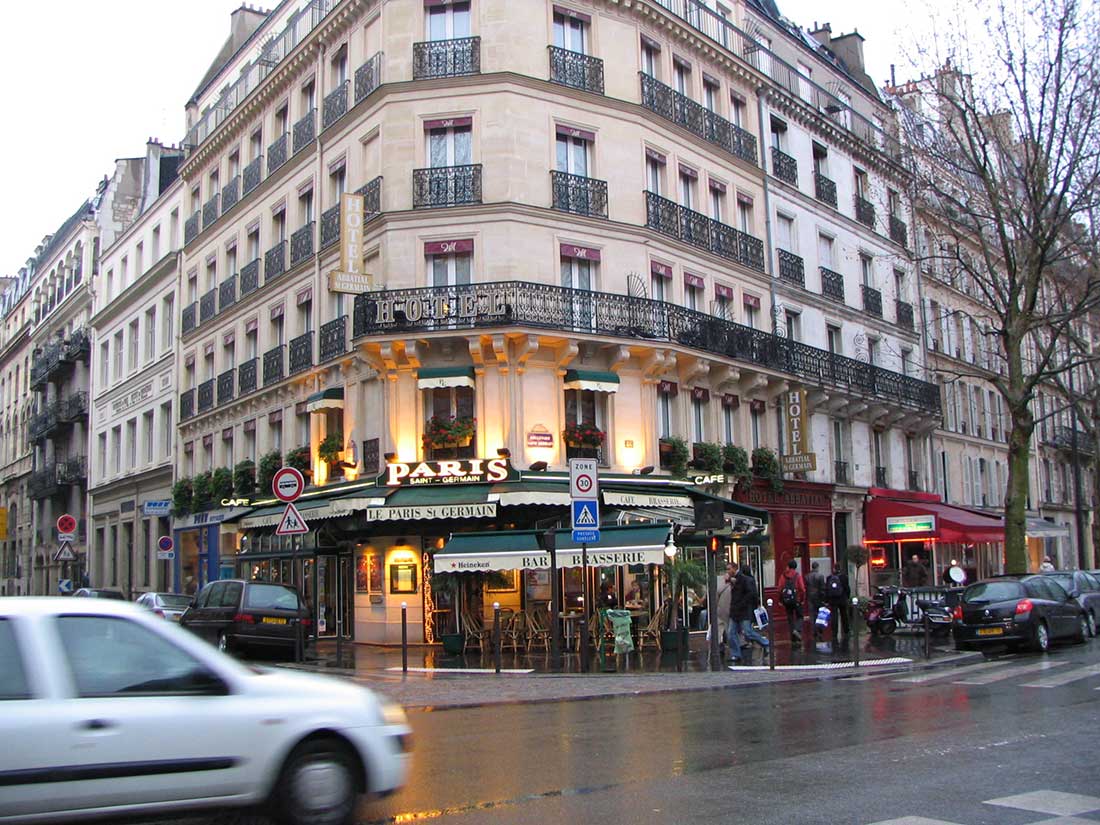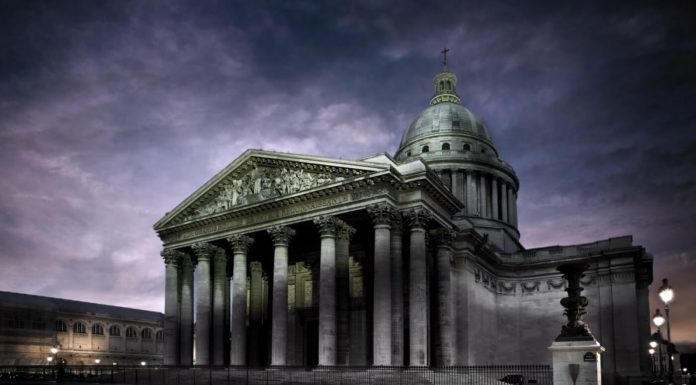ART BUCHWALD
Art Buchwald’s voice represents a bit of every American in Europe, capturing with wit and pith a part of the national character that alternately laughs and grows at its own reputation abroad. Buchwald calls this reputation that of “a Charlie Chaplin character in my column, the hapless tourist who couldn’t shoot straight.”
Yet few people may know that this voice, which is now syndicated and appears daily in over 550 newspapers worldwide, sprang from Buchwald’s desperate attempt to avoid being fired from his self-appointed role as a food and entertainment columnist for the Paris Herald Tribune.
In his new book of memoirs, I’ll Always Have Paris! Buchwald reveals how he chose to write in his own voice only as a last-ditch attempt to cope with Trib editors, whom he says “flinched when I handed in my copy…I wasn’t sure how well I could handle the disgrace of being canned, so I reacted the only way I knew how: the realization that my days were numbered made me have some fun. Instead of emulating the Broadway columnists, I started writing in my own style…People started talking about it — and I was off and running.”
Buchwald’s own story represents some finer aspects of the American dream of self-actualization. He became a columnist of international renown without a college education. He was a foster child from Queens who wound up cavorting around Europe with the rich and famous. He launched his career reviewing Paris restaurants for the Herald Tribune with no previous job experience and no culinary background apart from that of tasting meatloaf in Queens. The Trib job led to a celebrated column, a Pulitzer Prize, 30 books, a Broadway play, and a first book of memoirs, Leaving Home.
I’ll Always Have Paris! is the second part of Buchwald’s memoirs, covering the period from June 1948 to February 1962 when he left New York on the ship the Marine Jumper, an old World War II troopship loaded with “the stepchildren of Gertrude Stein, F. Schott Fitzgerald, Henry Miller and Ezra Pound. We carried hardly any luggage, but if we’d ever declared our dreams to French customs, they would have been worth thousands of dollars in duty.”
Buchwald qualified to study in Paris for a year under the generous terms of the American G.I. Bill. He and some former marines disembarked as “young men who would soon grow Ernest Hemingway Beards, young women who would eagerly wear tight denim pants…” to claim our chairs at sidewalk cafes in one of the most civilized cities in the world. We would never be the same again.”
The book chronicles Buchwald’s less than auspicious beginnings as a con artist, bribing the French attendance-taker at the Alliance Francaise, where G.I.’s were supposed to be studying, with one thousand francs to mark him as present on the list. In addition to his $75 per month from the G.I. bill, he learned that as an American he qualified for gasoline stamps, which brought him an additional $25 per month. From con artist he moved to his real vocation of writer by working as a stringer for Variety and keeping his eye on the Herald Tribune. After studying the paper and realizing it had no entertainment column, he set off to convince managing editor Eric Hawkins that the paper needed one. He was well-prepared for the meeting, “prepared to lie about everything…including my credentials, my education, and my ability to speak foreign languages.”
Buchwald’s account of his job “interview” is typical of the chutzpa which catapulted him to summits where he wanted to be. “After listening to my story, and signing his mail at the same time, (Eric) said, ‘the paper isn’t interested in an entertainment column, and if it was, you wouldn’t be the one to write it. Now get the hell out of here.’ Some people would consider this a rejection. I didn’t. A few weeks later, I heard that Eric had returned to England on home leave, so I went back to the paper and asked to speak to the editor, Geoff Parsons. I said ‘Mr. Hawkins and I have been talking about me doing an entertainment column. I think I also said something about the column generating more advertising. I had uttered the magic word. Parson’s eyes lit up, and he hired me for $25 a week…I (was)…sitting at a desk in the city room smoking a cigar with a big grin on my face when Eric Hawkins returned from England and found me. It took him weeks to get over seeing me there.”
The lighter accounts in the book are of Buchwald’s European capers: crashing the ruling elite’s costume ball of the decade in Venice by sneaking in dressed as Louis XIV, filing a column for the Trib which claimed Prince Rainier had not invited Buchwald to Rainier’s and Grace Kelly’s wedding because of a five-hundred-year-old feud between the Grimaldis and the Buchwalds (“the story appeared in the next morning’s Tribune — and that afternoon an invitation to the wedding was hand-delivered to me from the palace”), running with the bulls in Pamplona with other Hemingway devotees and actually meeting the great writer himself: “the first time I met God, he was bent over his drink.”
Another great American literary figure Buchwald knew was Thornton Wilder, who reassured Buchwald about the intrinsic worth of his role as chronicler of the rich and famous: “The mystic feeling concerning birth and privilege is disappearing. In years gone by, nobody questioned that the rich were God’s children. But now they have to be reassured as to who they really are by writers like yourself…Archie, the rich need you more than you need them.”
The book is filled with these kinds of funny, light tales. Yet it also shows a less well-known, and for this reason perhaps more appreciable, side to Buchwald. We glimpse his life as a family man, his obvious love of his wife and children, and compassion with himself in regard to his unpreparedness for his role as husband and father. The boy from Queens, New York, married Ann, a redhead from Warren, Pennsylvania, in Westminster Cathedral, and together the couple adopted three children: Joel from Ireland, Connie from Spain, and Jennifer from France. The book’s inside jacket photo shows Buchwald with his three children dressed impeccably in French schoolchildren’s clothes and berets. Buchwald dazzles us with his stories but also forces our admiration with his honesty. The time spent away from home frolicking with the jet set robbed him of a part of his years with the children he knows he cannot reclaim. He is also extremely open about the changes in his marriage. After 40 years of marriage, he and his wife separated in 1992. Before a divorce was finalized, Ann was diagnosed as having terminal cancer and died in 1994.
Buchwald dedicated I’ll Always Have Paris! to his wife and may have found the writing of it to be cathartic. In his dedication to Ann, he says, “Paris belonged to both of us. The book was our story, not just mine.”
Some parts of the story leave lingering questions, as in the last chapter, whose first sentence explains too abruptly Buchwald’s decision to return after fourteen years to the United States: “And then, suddenly, it was over.” This brief explanation is too short after such a long, loving narrative. Has it all been downhill ever since? The reader cannot be sure.
Buchwald claims he left Paris, as did other prominent Americans who had lived the majority of their adult lives in France, because he wanted to be a part of something in the United States. “France, while a wonderful country, belonged to somebody else…we acknowledged that each of us had been drawn back by some invisible patriotic magnet, and while we had traded the life of wine and roses for Budweiser and yellow daffodils, we agreed we had done the right thing.”
Buchwald shares with the reader the fact that when he left Europe in 1962, he was beginning to slide into a major depression. By leaving, he subconsciously hoped to “cure” it by going away. He has been hospitalized for depression a few times in his life, and is as honest about this aspect of his life as he is about his capers. I’ll Always Have Paris! is an invitation to get to know Art Buchwald the person as much as it is Art Buchwald the columnist, famous American expat and much-loved humor writer.
This sequel to his memoirs is clearly a coming-of-age story. In an interview with the Boston Globe, Buchwald told reporter William A. Davis that he does not intend to write a third volume covering over thirty years in Washington because “Paris has a soul, but Washington has no soul and I don’t want to write about it.”
Buchwald may be seen as a kind of Hemingway figure for today’s generation of American writers who dream of and go to Paris. Though his specialty is humor rather than drama, he represents a part of ourselves we all secretly hope is there: the part that can go anywhere and be accepted, try anything and live to tell about it, and intimately know some of the finer aspects of life.
Thanks to his character, Buchwald will always have Paris. Thanks to this book, so will we.


